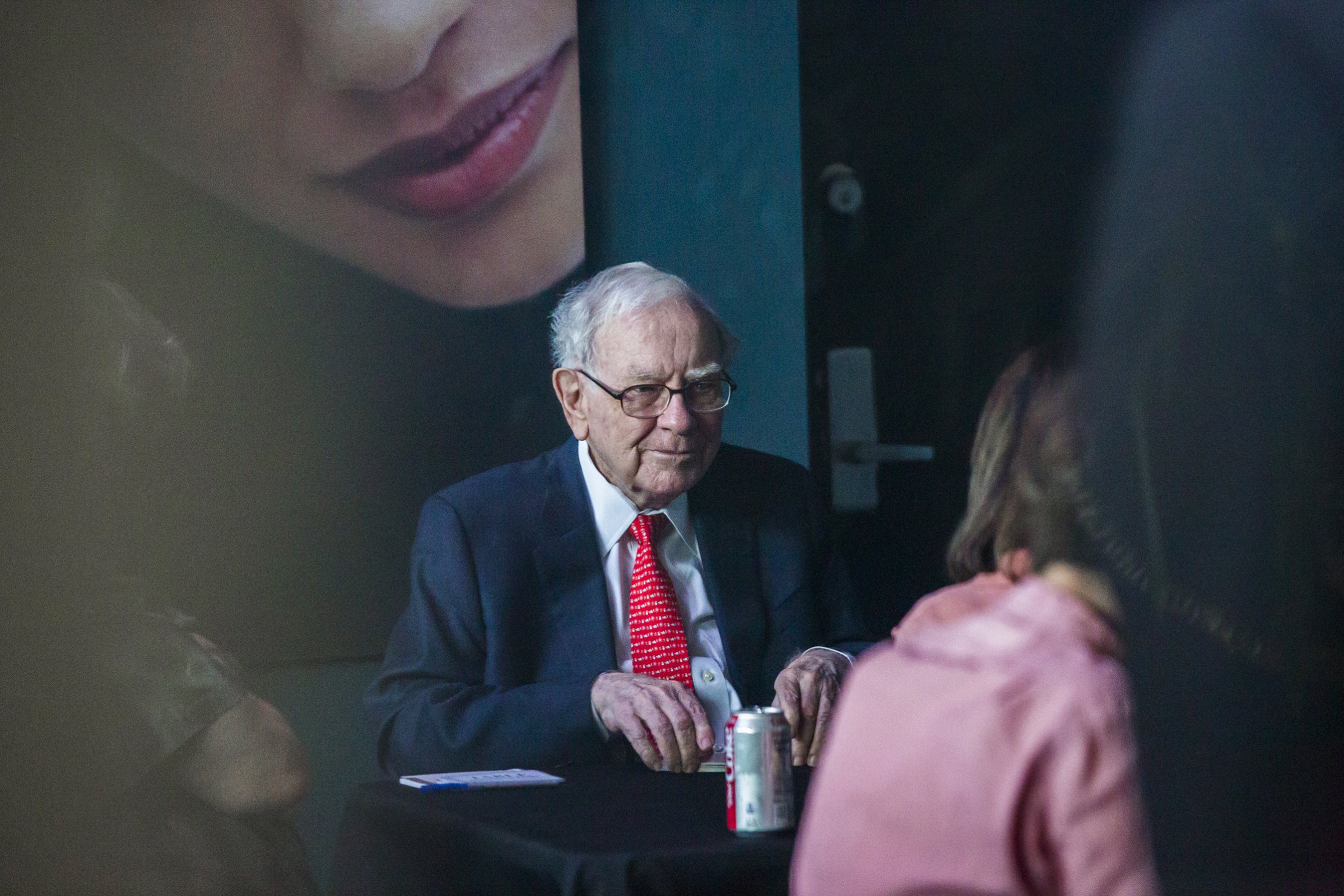
When Warren Buffett held his annual investorfest at the beginning of this month, he weighed in on CEOs taking stands on social issues. While he certainly airs his own political views from time to time, his stance is that he doesn’t want to speak for shareholders.
Buffett’s view on this subject was once standard CEO fare. But that’s changed: think Salesforce CEO Marc Benioff’s campaign against Indiana’s religious-freedom law, Merck CEO Ken Frazier’s resignation from President Trump’s advisory council after the Charlottesville riots or Delta CEO Ed Bastian’s decision to cut discounts for NRA members after the Parkland shootings–to name a few.
None of those would have happened a decade ago. So why are they happening now? In many cases, employees and customers are demanding that CEOs speak out.
But Buffett is right to note that this gets tricky quickly. When Frazier made his stand, he was not giving his personal views but signaling “what kind of company we are.” Benioff and Bastian were doing the same. At some point, taking such stands risks alienating customers and adding to polarization. The old line separating business from politics has clearly moved. But many CEOs are still struggling to understand where the new line should be drawn.
Murray is the president of Fortune
More Must-Reads from TIME
- Your Vote Is Safe
- The Best Inventions of 2024
- How the Electoral College Actually Works
- Robert Zemeckis Just Wants to Move You
- Column: Fear and Hoping in Ohio
- How to Break 8 Toxic Communication Habits
- Why Vinegar Is So Good for You
- Meet TIME's Newest Class of Next Generation Leaders
Contact us at letters@time.com